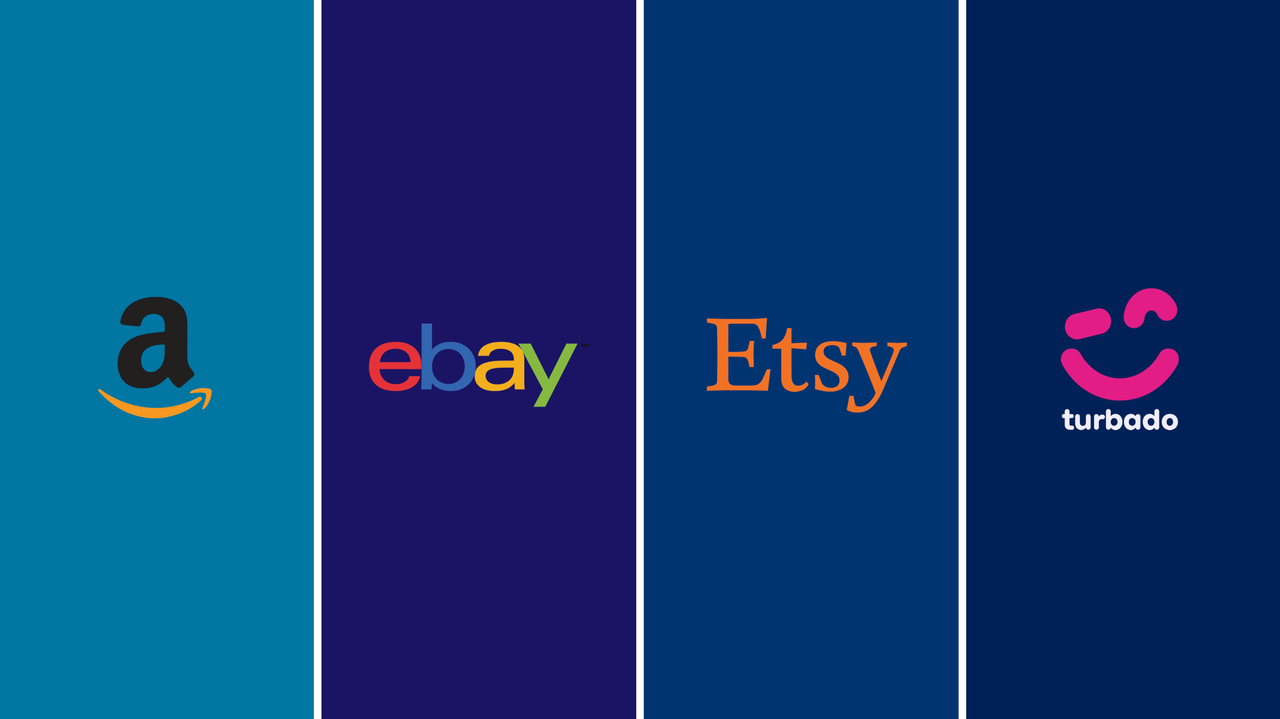The idea to create an own web store came first to me back in 1998, when I was assembling PCs from parts for clients and I wanted a single go-to page to have all components with up to date availability and price. And to quickly create a custom offer for each client based on my recommendation. And this quickly lead to a first HTML file export from a spreadsheet to an online catalog with an order form. My clients or rather me for them, could now quickly choose the parts and quantities needed with current prices and send them an offer by email.
Fast forward to 2018, 20 years later, and operating e-commerce shops in 4 continents and 20+ countries, the evolutionary step is to migrate our web shops to marketplaces, where we will be only one of the many sellers. Hopefully copying the success of Australia’s Catch, but instead of doing it in one country, we start right away in 10 countries of Europe, where we have a foothold already, including local teams, logistics, existing customers and partners.
Forward to January 2021, the Finance Ministers of EU came up with the idea that marketplace operators are part of the supply chain by legal fiction and make them the VAT debtors for all supplies made on their platforms. In terms of VAT law, this would result in the end customer always receiving the goods from the online operator – unless an exception applies – and the platform operator having to pay the VAT to the tax authority as its own tax debt.
The marketplace business just becomes saturated, everyone gaining access to marketplace solutions, similar to Mobile Virtual Network Enablers (MVNE), anyone can start a fully fledged marketplace with low budget, but dominated by giants that own 80% of the market in some countries. And this is where I see Turbado’s place on the market.
Turbado’s job as a cross-border marketplace operator is to honor the EU’s idea of single market. Turning Europe’s 28 jurisdictions and 24 languages into one platform, accessible to any seller or brand, however small they are, and bridging them with all 550 Million consumers and 23 Million other SMEs. To lower the transaction cost of a cross border sale or purchase. We are to connect small, differentiated sellers and brands to small buyers in fragmented markets.
Today most of the global trade is done by large companies as they have access to major distributors and brands, because they are the only ones that can overcome the cross-border costs and difficulties. However, Europe is working towards a Single market, enabling lower transaction costs and harmonized legislation, with Turbado the SMEs could start to do the same.
Turbado’s platform and tools will enable a SME in Poland to both source from and to sell to other SME’s and B2C all over Europe. Such a company could source their products in Spain and Italy as easily as their source in Poland. And it could sell as easily in Germany and France as it does in its home country Poland. With Turbado, any SME could operate like a multinational company.
